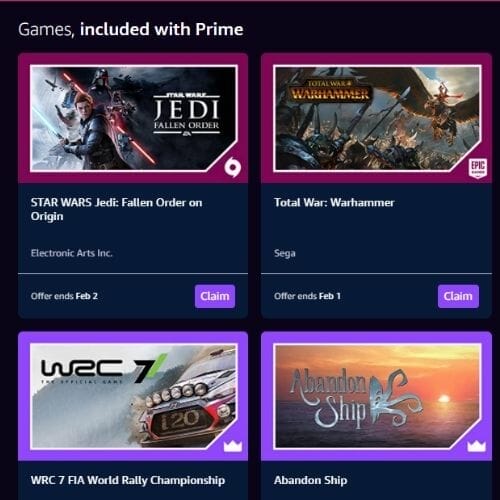Online gaming companies rely on a sweet spot of collaboration between the creators, the hosting services and the gaming community. Crisp visuals and engrossing games may draw people in, but the smartest platforms excel by actually paying attention to what gamers say. Let’s dive into how these platforms use feedback and surveys to craft a much better playing experience for everybody.
A Wealth of Player Information
Player comments are more than just a way to pinpoint glitches. When gaming platforms look into what players say in their comments, reviews and survey answers, they strike gold. This information helps them figure out what gamers enjoy, what bugs them, and what new features they’re hoping to see. In short, it shows clearly what’s a hit with gamers and what could use some work.
A piece of recent data recently showed that over 68% of Australians are playing video games. Nowadays, gamers proactively dig up news on upcoming games by tapping into online groups and reading reviews. When giving feedback on websites and apps, developers can shape their promotional activities to focus on what players care about most and highlight the parts of their game that really stand out.
Online Casinos Learning from Players
Online casinos, not just video games, are taking player opinions seriously. Take Ireland’s online casinos as an example. They’re digging into what players think through surveys and reviews to make their services better. This info tells them what games people like, points out any system glitches, and helps tweak bonuses to stand out in a busy market. For a fresh look at the ways casinos are integrating user feedback, they put together a list of new online casinos in Ireland with the highest ratings.
When online casino sites really listen to their users, everyone benefits. Players feel important because they get to help shape the casino platform, while the companies themselves get insights they can use to enhance what they offer. This attracts new customers and grows the company. And honestly, being open to change based on customer input is a massive part of staying ahead in the super competitive online gaming industry.

Fine-Tuning the Experience
Continuous adjustments and improvements help in giving the players the best possible experience. This process of iteration, or making small changes over time, is vital for keeping a platform fresh and engaging. By taking into account player suggestions and criticisms, platforms can fine-tune the experience to fit what users are looking for.
Iteration is not about making gigantic leaps every time. it’s about ongoing, steady enhancement. A great example of this iterative process is how smartphone apps release updates. These updates often contain minor improvements that address user concerns or add new features that enhance the overall user experience. Likewise, gaming platforms should embrace this method to keep their audience invested and satisfied with the product.
Leveraging User Data with Responsibility
Gathering data on how players interact with a platform is incredibly valuable. Some companies even offer money for user surveys. It shines a light on what works well and what doesn’t, guiding decisions on future updates and changes. However, it’s essential to manage this data responsibly. Players trust platforms with their personal information, expecting privacy and security. To maintain trust, it’s crucial for platforms to uphold high standards when handling user data. They should use the data wisely to improve user experience while safeguarding user privacy.
A Continuous Cycle of Improvement
The best platforms keep getting better by listening to what users say. They ask for feedback, look at the info, make changes, and check the results. This cycle makes sure the platform grows with its users, always matching what they want and staying up-to-date with gaming trends. Caring about what players think helps online games stay fresh and exciting, which is key in a tough market. Building a vibrant community through engagement, refining the gaming experience by listening to feedback and carefully managing user data are key strategies for developing a successful gaming platform.





